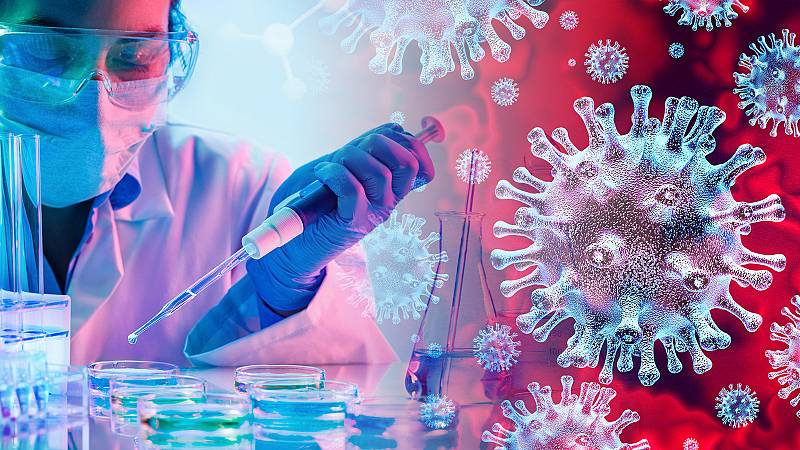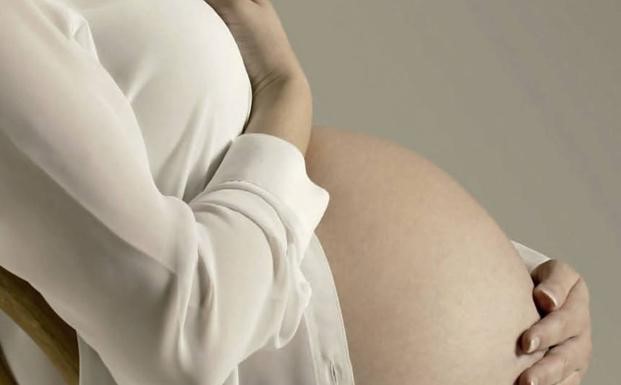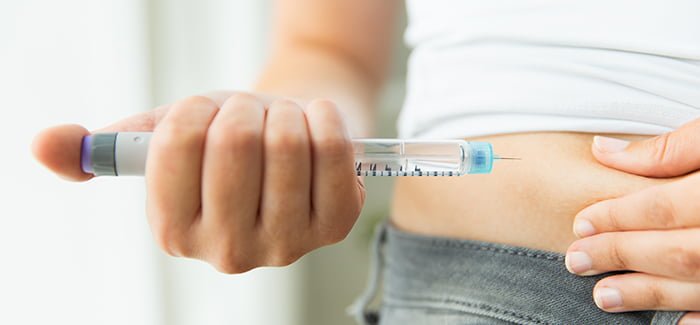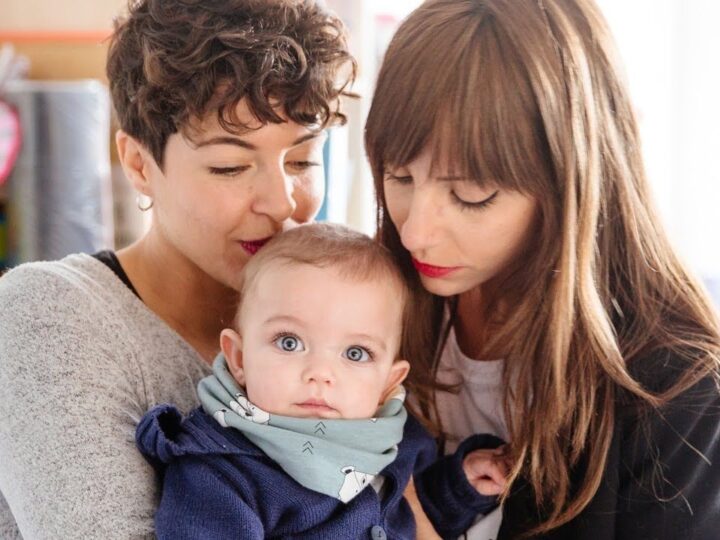
In view of the fact that due to the COVID 19 pandemic, many women and couples with fertility problems are unsure and, being aware of their concerns, we answer some of the most frequently asked questions by those who wanted to start fertility treatment or were already under treatment at that time.
1. Can the coronavirus be transmitted to the foetus during pregnancy?
Currently, all scientific publications and evidence reflect that there is no vertical transmission of COVID-19 from mother to fetus.
However, we believe that transmission could occur in the first days of a baby’s life when it comes into contact with an infected person.
2. Can embryos be infected by the virus?
According to the latest studies, there is no evidence that the virus is present in the sperm or in the eggs and therefore not in the embryos.
3. My treatment was cancelled before it started, why?
Due to the state of alert issued by the Spanish Ministry of Health against this pandemic, neither patients nor professionals must be put at risk by having to leave their homes for non-urgent medical treatment.
4. I had started my treatment and I was told that I could finish, but the embryos could not be transferred, why?
A pregnant woman is always a higher risk patient when she is confronted with almost any disease, among other things because it is often not possible to administer her the necessary medication because of the risk to the fetus.
Given this situation and knowing that COVID-19 is so contagious, the likelihood of becoming infected with the virus is quite high.
While it is true that many cases could go on without symptoms, no one wants to risk having a premature baby if something goes wrong, or a child with after-effects due to infection during pregnancy.
For these reasons, and in view of the uncertainty, it is recommended to refrain from transmission and thus avoid the risk situation. In cases where treatment has been initiated, it is most appropriate to lead it to vitrification of embryos or oocytes.
5. But when I finally have cryopreserved embryos, will they have the same guarantees as a fresh pre-embryo?
Hundreds of scientific articles have been published supporting the viability of cryopreserved embryos and equating their implantation potential to that of a fresh pre-embryo. In fact, most in vitro fertilisation cycles are currently carried out at a later stage to ensure that the conditions of the endometrium (the layer where the pre-embryo is implanted inside the uterus) are optimal, bearing in mind that the endometrium follows the treated ovary during stimulation.
At Centro Médico Manzanera we have the same success rates with fresh and vitrified embryos. For this reason, we can offer the same guarantees in the event that we have to delay the transfer and use these vitrified embryos.
6. And will I be able to decide when I want to have the pre-embryos transferred or use the eggs?.
Once the state of alarm decreed by the Spanish Government is lifted, and conditions are safe for both patients and professionals, it will be possible to choose when to use both the previously cryopreserved eggs and embryos.
At Centro Médico Manzanera, the treatment dates are always chosen by the patients to ensure that the treatment is carried out at the most convenient time for them.
7.Is there a limit to the decision to transfer these pre-embryos or use the oocytes?
From the moment the state alarm passes, you can decide when to do so, bearing in mind that cryopreserved embryos or oocytes can remain in this condition for years.
After vitrification, both embryos and oocytes are frozen indefinitely, and at the time of their use, nothing else has any influence on their quality or survival rate.
8.If I am infected with corona virus before I decide to undergo embryo transfer, use the eggs or resume treatment, will my chances of becoming pregnant decrease or become more infertile?
So far, the scientific studies or data we have , regarding to other SARS viruses (that is, other coronaviruses than COVID 19 that we have suffered in previous years), no decrease in fertility has been described, either at the oocyte or sperm level. Similarly, the ability to become pregnant after infection does not appear to be affected, although the precautions your doctor may indicate after the end of the disease should be taken.
If you have become infected with the coronavirus, you must not only wait for the end of the alert, but also wait until your infection has been quarantined and the virus test is negative. After this period, as mentioned above, you can decide for yourself when you want to receive treatment.
9.And what if I become pregnant spontaneously?
The final situation is the same as for a patient with transmission of an in vitro fertilisation cycle, although in this case it has happened in an uncontrolled way. The recommendation not to carry out embryo transfers at this time is due to the uncertainty of a virus that is still unknown and of which we have no scientific data, as we cannot confirm that the result in a pregnant woman during an infection may be harmless to the patient or her foetus. In case of a spontaneous pregnancy, it is advisable to stay in contact with our doctors in order to follow their recommendations and make the pregnancy as safe as possible.
Ethical values have always guided the Assisted Reproduction Centres in their activities aimed at providing complete and adequate care to all patients. Today, service to the common good is the most important for all , and the measures taken aim to fully ensure the resumption in a deferred way all the treatments that are beeing delayed at this stage
PICTURE: https://www.rtve.es/noticias/coronavirus-covid-19/
#assistedreproduction
#fertilitytreatment
#eggdonacion
#FIV
#ICSI
#fivicsi
#artificialinsemination
#manzanerafertilityclinic
#COVID-19
#coronavirus




